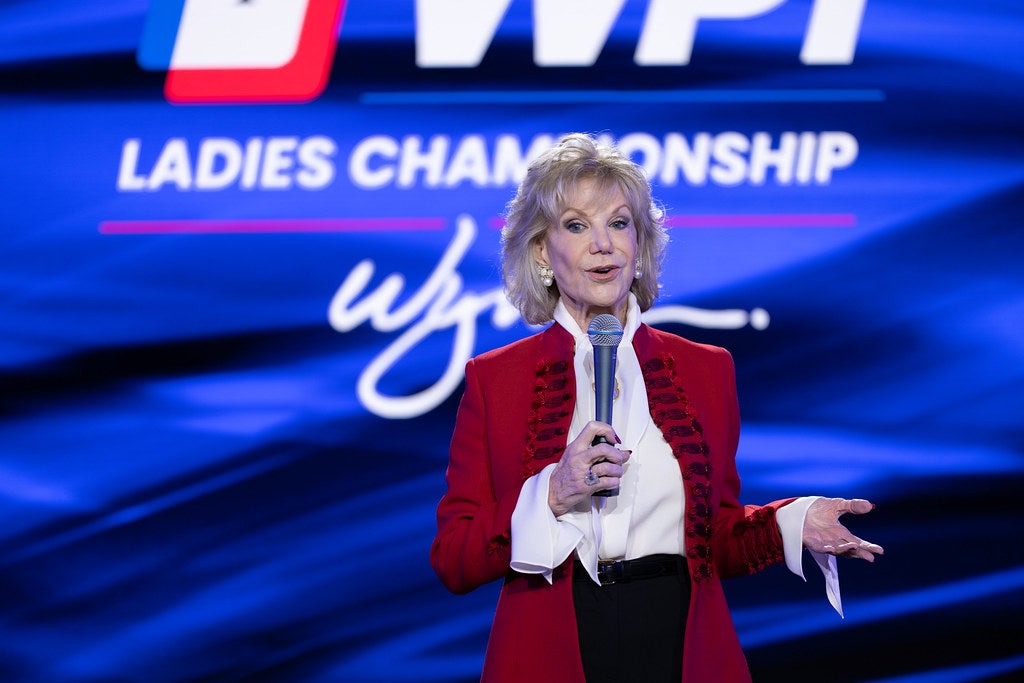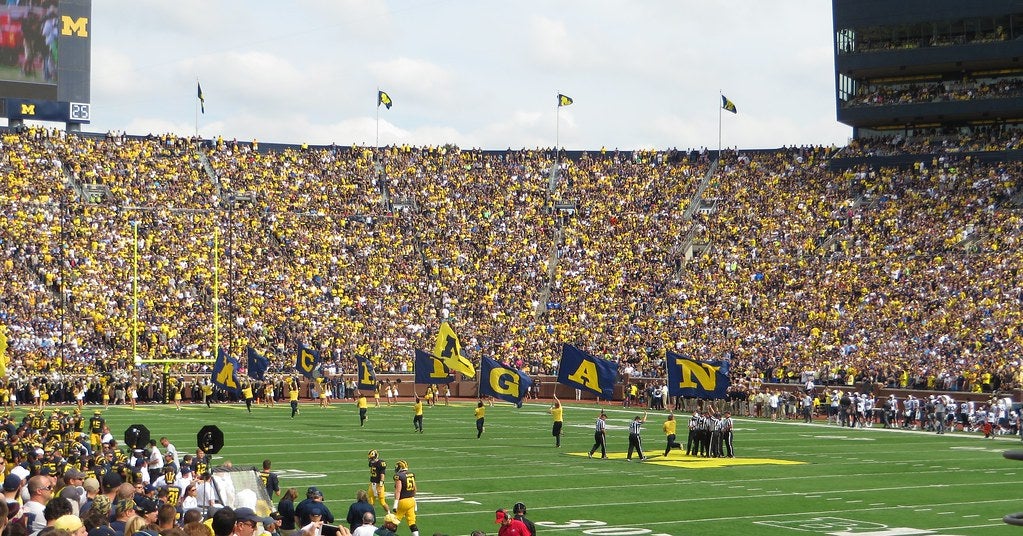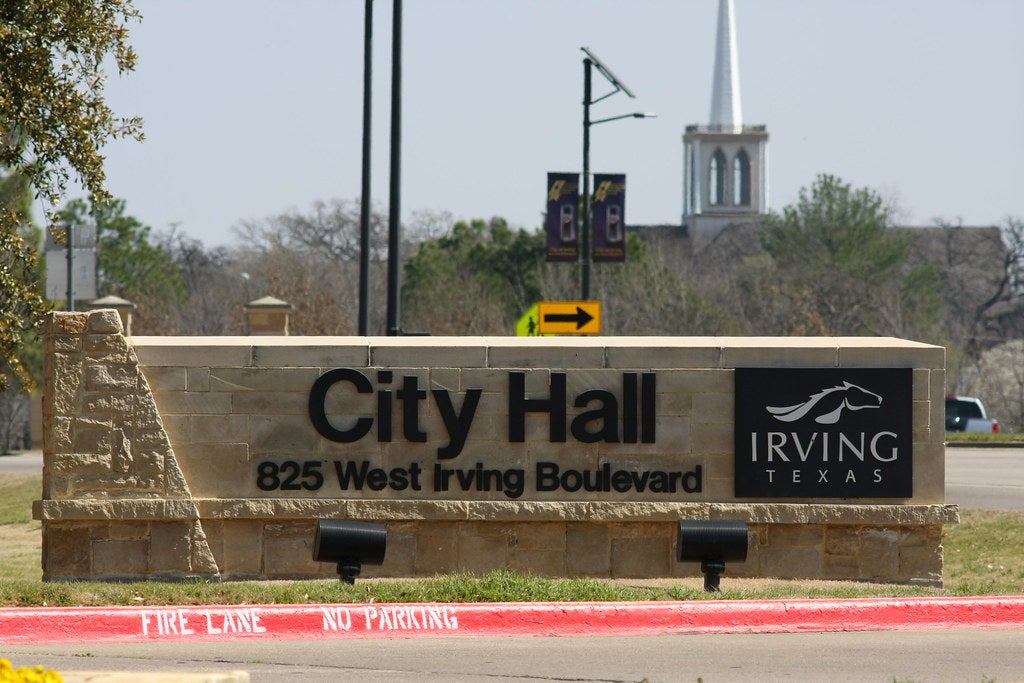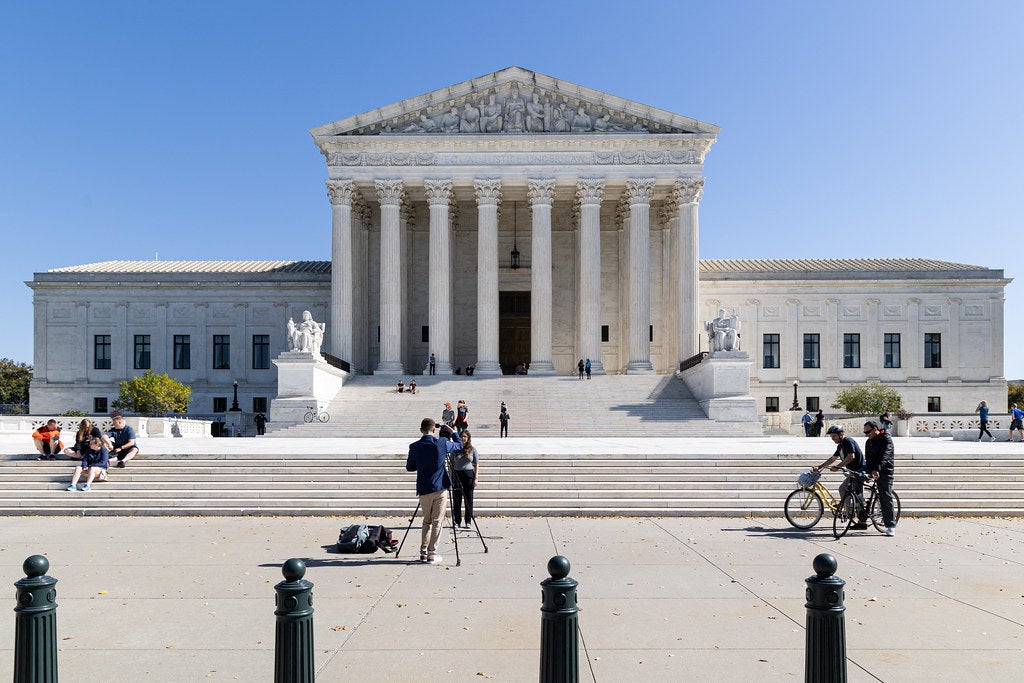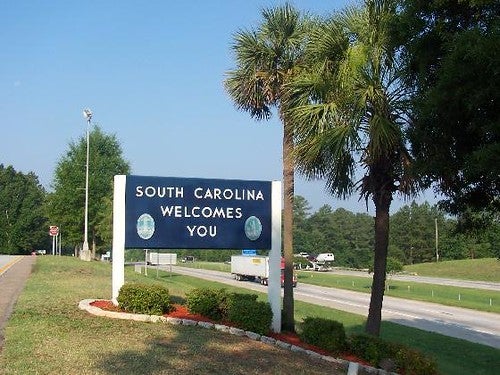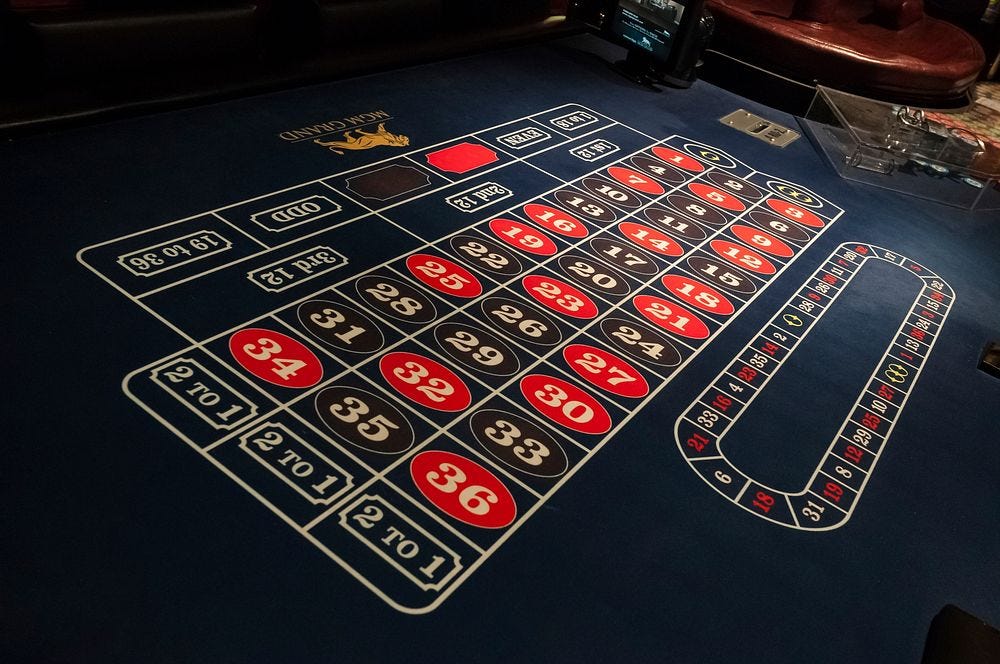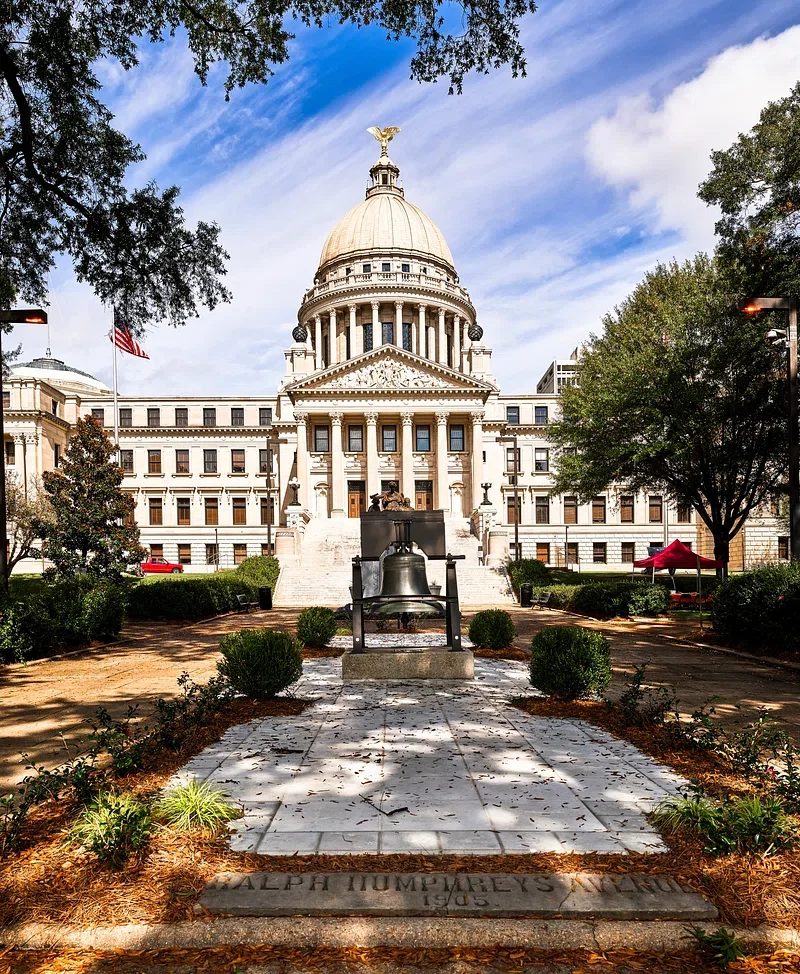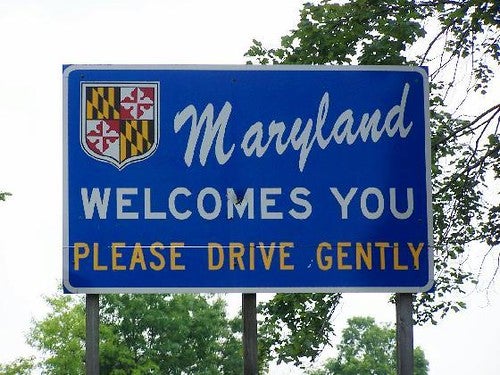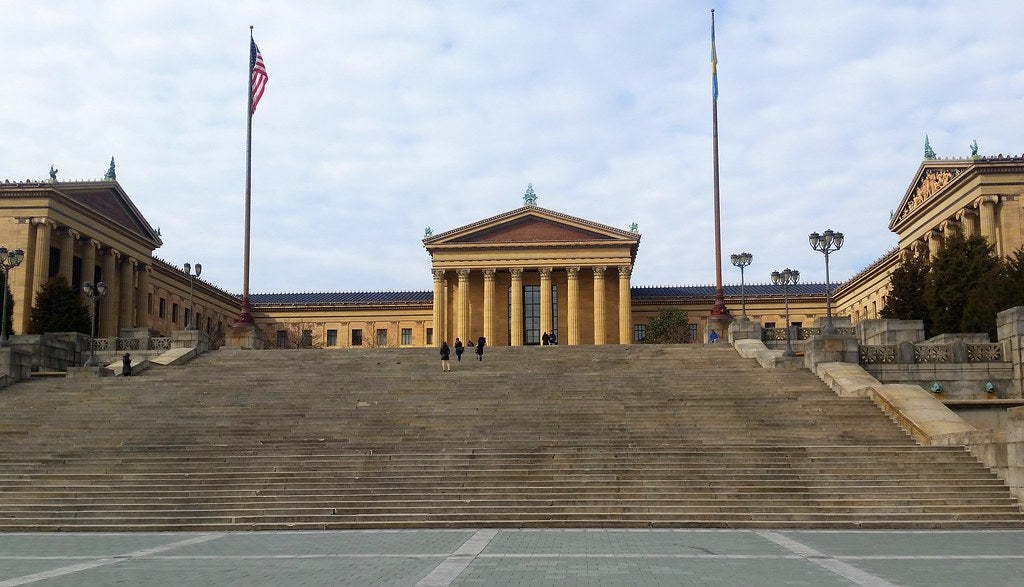Atlantic City hotels accused
Caesars Entertainment and MGM Resorts International were among several entities named in the plaintiffs' lawsuit.
The lawsuit claimed that the defendants shared private information such as occupancy data with a third party, which then sent information such as recommended room rates back to the hotels. That, they argued, constituted price-fixing.
A report from Reuters stated that hotel-casinos used a platform called Rainmaker, which is owned by digital hospitality company Cendyn. The defendants responded that there was no evidence of collaboration between the hotels to set room rates and that they were not required to follow the software’s recommendations for rates.
The Sherman Act and several other federal antitrust laws strictly forbid companies from conspiring to create a monopoly or monopoly-like hold on a particular market.
Judge Williams ultimately agreed with the defendants and dismissed the case due to the lack of direct or circumstantial evidence.
The case was dismissed with prejudice, which means that it cannot be re-filed in court.
Nevada case being appealed
The case in Atlantic City is similar to one that is playing out in Nevada, in which Wynn Resorts and Caesars were among the named entities.
The plaintiffs in the Nevada case also argued that hotel owners supplied sensitive information to a shared platform which then provided recommended rates for hotel rooms.
Nevada U.S. District Chief Judge Miranda Du dismissed the case in May without prejudice, which enabled the plaintiffs to file an appeal. The appeal was made this week to the 9th US Circuit Court of Appeals.
The court of appeals does not need to accept the case. Williams’ decision to dismiss the case in New Jersey also hurts the Nevada plaintiffs’ chances of having their case heard at the next level.
“In all hub-and-spoke conspiracies, the horizontal agreement among the spokes supports the agreements between the hub and each spoke, and vice versa,” Williams wrote in her decision. “Thus, the ‘critical issue’ for establishing a hub-and-spoke conspiracy is determining ‘how the spokes are connected to each other.’
“[It is] implausible that they tacitly agreed to anything, much less to fix the prices of their hotel rooms,” Williams added.
Cendyn, which was named in the Nevada case, already denied allegations of wrongdoing.







